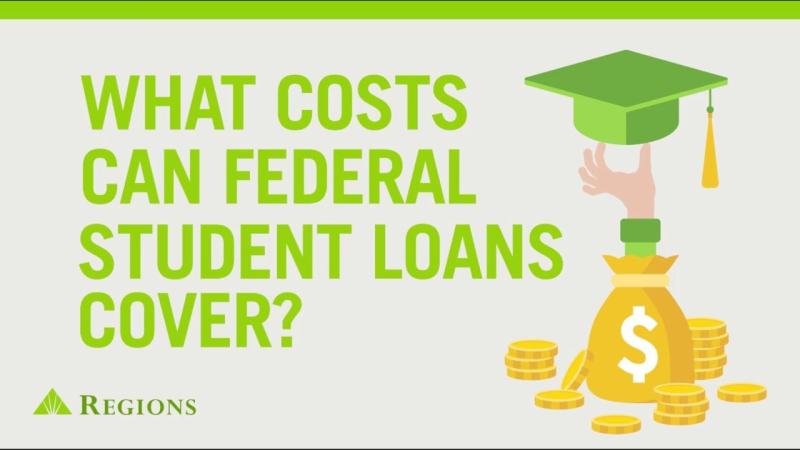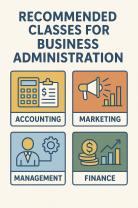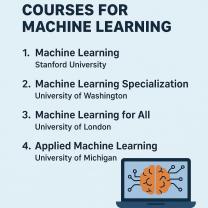Does the government benefit from student loans?
Yes, the government can benefit from student loans in several ways. Here are some key aspects to consider:
Interest Revenue:
- One of the primary ways the government benefits from student loans is through the collection of interest. When students borrow federal student loans, they typically accrue interest on the loan amount. The government, as the lender, collects this interest over the life of the loan.
Loan Origination Fees:
- In addition to interest, the government may charge loan origination fees when students take out federal student loans. These fees are a percentage of the total loan amount and contribute to the overall revenue generated from student lending.
Loan Servicing Fees:
- The government contracts with loan servicing companies to manage and collect payments on federal student loans. These loan servicers may charge fees for their services, and the government benefits indirectly from these fees.
Income-Driven Repayment Plans:
- The government offers income-driven repayment plans for federal student loans, where borrowers make payments based on their income and family size. While this can provide relief for borrowers, it may also result in longer repayment terms and more interest accruing, ultimately benefiting the government.
Loan Rehabilitation and Consolidation:
- Borrowers who default on their federal student loans may go through loan rehabilitation or consolidation processes. In these cases, the government may recoup some of the outstanding debt, along with any accrued interest and fees.
Investment in Education and Workforce:
- Although not a direct financial benefit, the government sees long-term benefits from student loans through the investment in education and the development of a skilled workforce. A more educated population can contribute to economic growth and productivity.
It's important to note that the government's primary goal in offering student loans is to facilitate access to higher education and promote workforce development. While there are financial benefits in the form of interest and fees, the intention is to support individuals in obtaining the education needed for personal and professional advancement. However, the structure of student loans and the associated interest and fees have been subjects of debate and concern regarding their impact on borrowers.
Unraveling the complexities: Does the government profit from student loans?
The question of whether the government profits from student loans is a complex one, with varying perspectives and interpretations. While some argue that the government does indeed profit from student loans, others maintain that the government actually subsidizes student loans and incurs losses from the program.
Financial Implications and Motivations Behind Government Involvement in Student Loans
The government's involvement in student loans stems from a desire to promote access to higher education and foster a skilled workforce. By providing loans to students who might not otherwise be able to afford college, the government aims to increase societal productivity and economic growth.
However, the financial implications of government involvement in student loans are multifaceted. The government charges interest on student loans, which can generate revenue over time. Additionally, the government may collect fees associated with loan processing and servicing.
On the other hand, the government also incurs costs associated with student loans. These costs include:
Defaulted Loans: When borrowers fail to repay their loans, the government defaults on those loans, absorbing the losses.
Administrative Costs: The government incurs expenses for managing the student loan program, including personnel costs, system maintenance, and loan servicing fees.
Interest Subsidies: The government often subsidizes student loans by keeping interest rates lower than the market rate. This subsidy represents a cost to the government.
Assessing the impact of government policies on student loan borrowers
Government policies related to student loans can have a significant impact on borrowers, both financially and psychologically.
Interest Rates: Interest rates directly affect the overall cost of student loans. Higher interest rates can lead to higher monthly payments and a longer repayment period.
Repayment Plans: The government offers various repayment plans designed to make student loans more manageable for borrowers. These plans can vary in terms of monthly payments, repayment terms, and forgiveness options.
Loan Forgiveness Programs: Some student loan borrowers may qualify for loan forgiveness programs, which can significantly reduce or eliminate their debt burden. These programs are typically targeted to specific professions or groups of borrowers.
Conclusion
Whether the government profits from student loans is a matter of perspective. While the government does generate revenue from student loan interest and fees, it also incurs substantial costs due to defaults, administrative expenses, and interest subsidies. The overall financial impact of the student loan program on the government is complex and subject to ongoing debate.
For student loan borrowers, understanding the government's role in student loans and the implications of various policies is crucial for making informed decisions about borrowing, repayment, and potential forgiveness options. Careful consideration of financial aid packages, repayment plans, and loan forgiveness programs can help borrowers manage their student loan debt effectively and achieve their financial goals.












